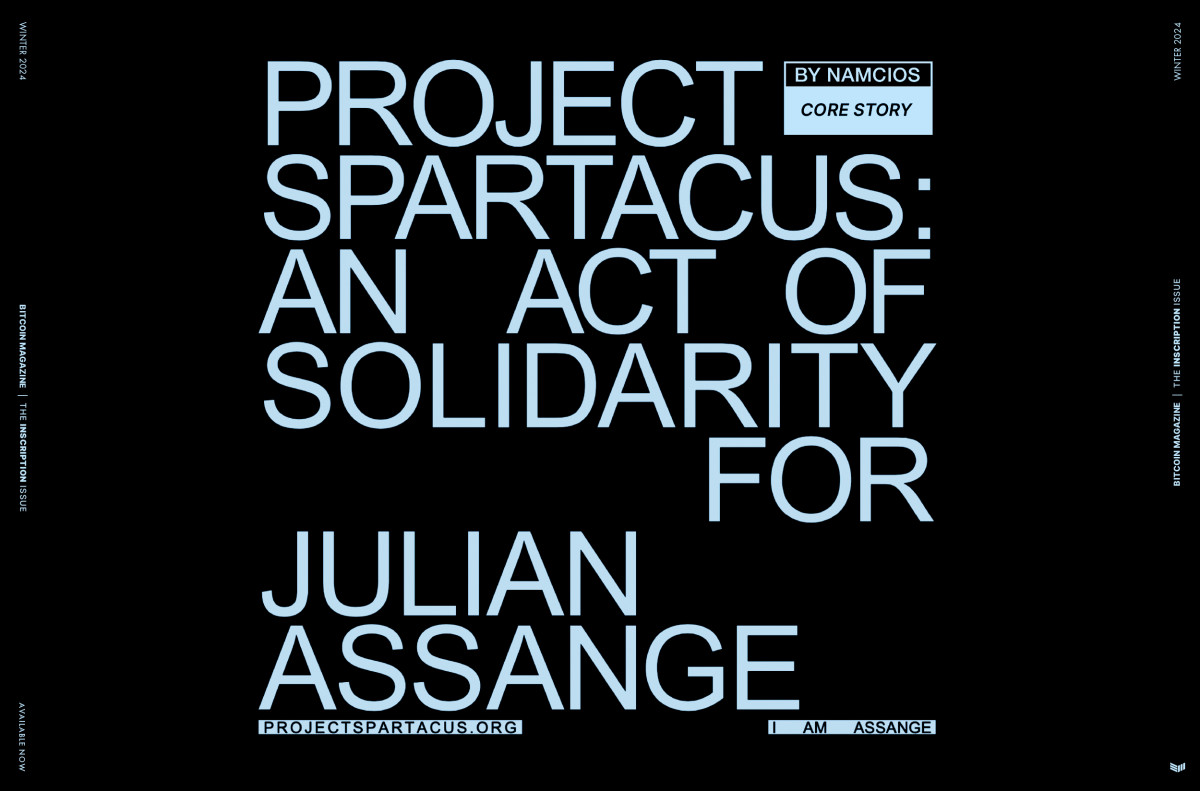Deciphering Flexibility: Ethereum's Edge Over Bitcoin
Is Ethereum the more adaptable crypto champion? Dive into its flexibility compared to Bitcoin, explore smart contracts, DeFi, NFTs, and beyond. FAQs illuminate investment risks & future prospects. Choose your digital path with informed insights!

Ethereum and Bitcoin stand as giants in the world of cryptocurrencies, and while Bitcoin paved the way, Ethereum has been sculpting its path as the more agile and adaptable contender. This thorough examination highlights Ethereum's greater flexibility compared to Bitcoin, providing evidence rooted in key arguments, practical use cases, market trends, expert insights, and relevant case studies.
Key Arguments Supporting Ethereum's Flexibility
Ethereum's flexibility is significantly more pronounced when compared to Bitcoin, and several arguments strongly support this claim.
- Programmability: Ethereum's blockchains allow for more complex programming possibilities, which Bitcoin's more limited scripting language doesn't support. This programmability is at the core of Ethereum's flexibility. Developers can create and deploy decentralized applications (dApps) on the Ethereum blockchain, using smart contracts to execute transactions automatically when certain conditions are met. This opens up many use cases, from financial transactions and supply chain management to voting systems and digital identity verification.
- Scalability: Ethereum's blockchains also have a higher capacity for handling transactions than Bitcoin. This means the network can take a greater volume of transactions at any given time, making it more scalable and adaptable to increasing demand.
- Interoperability: Ethereum's design allows for easier integration with other blockchains and systems, making it more interoperable. This enables cross-chain communication and compatibility, allowing different networks to work together seamlessly. This feature is essential for developing decentralized finance (DeFi) applications, where other protocols and networks must interact.
- Upgradability: Unlike Bitcoin, Ethereum's network can be upgraded through hard forks, allowing for new features and improvements to be implemented. This makes it more adaptable to changes in technology or market demands.
Practical Use Cases Demonstrating Ethereum's
- Intended Purpose: While Bitcoin was created as a digital alternative to traditional currency, Ethereum was built as a platform to facilitate immutable, programmatic contracts and applications via its currency, Ether.
- Block Time: Ethereum's average block time is significantly shorter than Bitcoin's, which can take up to 10 minutes. This translates to faster transaction throughput and more responsive network performance. Ethereum's block time also makes it more suitable for real-time applications than Bitcoin.
- Transaction Fees: The transaction fees on the Ethereum network are typically lower than those on the Bitcoin network, making it a more cost-effective option for users. This is especially important for small transactions, which can be disproportionately expensive on the Bitcoin network due to its fixed fee structure.
- Tokenization: Ethereum's smart contracts and flexibility have created a wide range of tokens on its blockchain. These tokens can represent anything from digital to real-world assets, giving users more decentralized ownership and exchange options.
Use Cases Evidencing Ether's Flexibility
The tangible instances where Ethereum's versatility shines include:
- Smart Contracts: Complex smart contracts are seamlessly executed in the Ethereum ecosystem, fostering a myriad of functionalities, from automatic loans to self-enforcing agreements.
- Decentralized Applications (DApps): Ethereum's blockchain hosts an expansive range of decentralized services and applications far beyond what Bitcoin's network offers.
- Quicker Transactions: The brisk confirmation time for transactions on Ethereum ensures that the network's speed doesn't bottleneck time-sensitive operations.
Market Trends Illustrating Ethereum's Supple Nature
Current market movements and developments showcase Ethereum's adaptability:
- DeFi's Rise: The burgeoning sector of Decentralized Finance is predominantly built on Ethereum's network, leveraging its imaginative contract muscle.
- Enterprise Embrace: Business giants exploring blockchain ventures often choose Ethereum for its ability to accommodate diverse blockchain applications.
- NFT Craze: The NFT phenomenon thrives on Ethereum's capacity to support and manage unique digital assets, unlike anything seen on Bitcoin's chain.
- Ongoing Upgrades: Ethereum's continuous network enhancements aiming at scalability and functionality cement its commitment to remaining a flexible foundational technology.
Insights from Industry Pioneers
Statements from cryptocurrency pioneers such as Vitalik Buterin, Anthony Di Iorio, and Gavin Wood, who have been essential in Ethereum's development, validate its flexibility. They have often discussed Ethereum's design as a multi-functional platform, unlike Bitcoin's more singular focus.
Case Studies Demonstrating Ethereum's Flexibility
There are compelling real-world examples that highlight Ethereum's adaptability in contrast to Bitcoin, including:
- DeFi Revolution: Platforms like Aave, Compound, and Uniswap have established themselves as financial service hubs, capitalizing on Ethereum's innovative contract capabilities.
- Business Solutions: Corporations, including EY and Microsoft, harness Ethereum to develop multi-faceted enterprise solutions, a testament to the blockchain's aptitude for various applications.
- NFT Expansion: Marketplaces like OpenSea and Rarible owe their success to Ethereum's infrastructure, which adequately supports the burgeoning digital collectables and art market.
Frequently Asked Questions (FAQ)
Q: Why is Ethereum considered more flexible than Bitcoin?
A: Ethereum is designed as a programmable blockchain that allows the creation of smart contracts and decentralized apps. Its capability to host various applications and support rapid transactions defines its flexibility advantage over Bitcoin's more limited framework.
Q: Can Bitcoin evolve to match Ethereum's flexibility?
A: While Bitcoin continues to optimize its network, the foundational differences in its original design philosophies and capabilities mean that it might need to match the full extent of Ethereum's built-in flexibility.
Q: How do Ethereum's upgrades improve its flexibility?
A: Each network upgrade, such as the transition to Ethereum 2.0, brings significant enhancements in speed, efficiency, and scalability. These improvements meet the growing demands and make room for future innovations on the platform.
Q: Are businesses using Ethereum for transactions like they use Bitcoin?
A: Ethereum's usage by businesses chiefly stems from its smart contract and DApp functionalities. While it can also be used for transactions, Ethereum's prominent business utility lies in its expansive capabilities beyond simple value transfers.
Q: What aspects of Ethereum could limit its flexibility?
A: The primary challenges include network congestion, high gas fees (cost of executing transactions), and complexity in development that may hinder some from leveraging its flexibility.
Conclusion
In conclusion, Ethereum has unequivocally etched a reputation as the more flexible blockchain when juxtaposed with Bitcoin. From its ability to execute complex, intelligent contracts to its embrace by the fintech and creative industries, Ethereum has demonstrated an unmatched propensity for adaptability within the blockchain domain. Through continuous evolution and adoption, Ethereum seems poised to maintain, if not expand, its flexible nature to meet the diverse and growing needs of the digital world. Its trajectory promises a future where its potential is bound only by the imagination of its global community of builders and innovators.
Let's remember that the blockchain story is still unfolding, and while Ethereum currently boasts greater flexibility, the landscape is dynamic. Changes, improvements, and innovations will undoubtedly continue, shaping the capabilities and roles of both Ethereum and Bitcoin in the digital economy.
As we explore the innovative realms crafted on Ethereum's open-source platform, one thing remains clear: Flexibility and adaptability will be the pillars of progress in the blockchain space, and Ethereum is currently carving the path forward.
What's Your Reaction?

























































